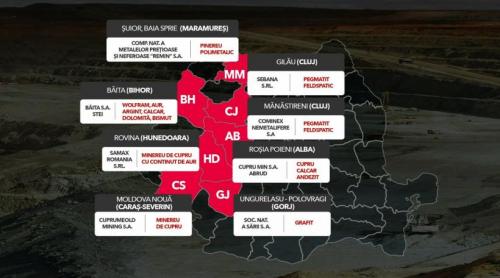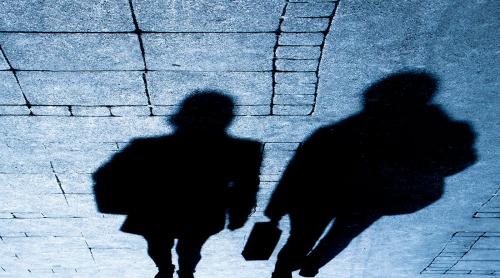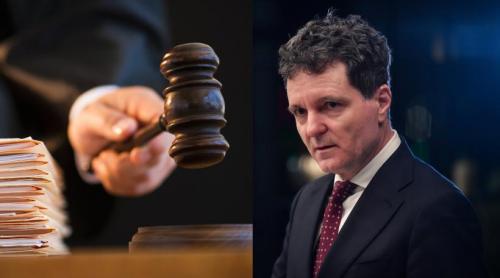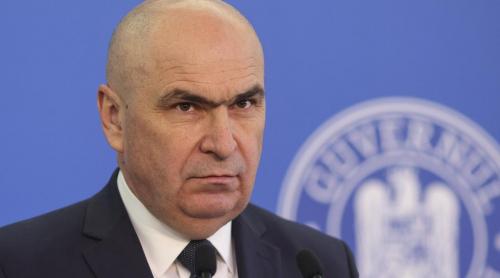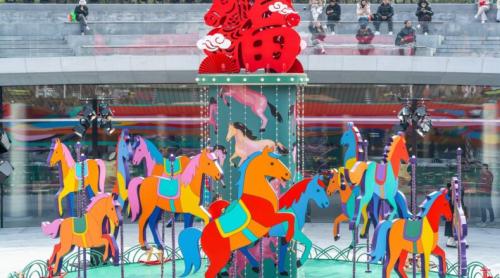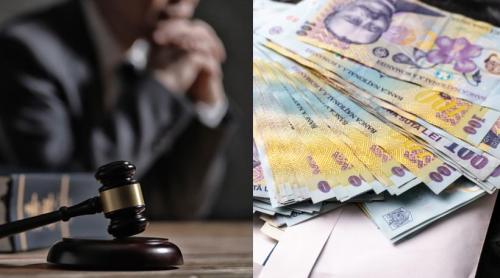
The storm of the financial crisis haunts the world. Technically, it started in the U.S. It has expanded rapidly in Europe. It hit the Asian stock exchanges afterwards. The storm went then on the capital market. The blocking of the channels of confidence on which the money were moving in order to irrigate the real economy brought it to dryness.
Although they are yet to perceive the danger at its actual size, the Romanians see already several factories closing, several investors leaving, while others delay their arrival, they see the unemployment rate increasing along with the interest rates for the loans, they see their fellow countrymen who used to send them money from abroad coming back home.
Who could wish for such a fever? Is it totally natural? Could it be avoided or delayed? Was there anyone interested in causing it?
The fever is not a disease, but a symptom, which indicates that the body is fighting the disease. Then who is fighting what disease? The invasion of Georgia in August by Russia, followed by the inability of the Euro-Atlantic powers of stop it has rapidly increased the popularity of the camp in America and its candidate, John McCain. The prospect of a new planetary confrontation similar to the Cold War must have obliged the international plutocracy to a careful assessment of the situation. What conclusions can be reached from that?
The collapse of the Soviet communism at the end of the twentieth century had left its opposite, the American neo-conservative and neo-liberal capitalism, alone on the battlefield, as an apparent winner. Without an opponent and not understanding it had to create a reform (due to the fact that on the scale of history enemies die together), but not being able to operate in the absence of an enemy, it has invented a new target: the Islamic fundamentalism and the regimes of the states that supported it on an axis of evil in order to support terrorism. (It is interesting to observe the similarities between the themes and the arguments of the Western propaganda in the Cold War as compared to the ones in the war with terror.) The new conservative crusade asked, like any other, for financing. While running after money, the military-industrial complex stimulated the increase of the virtual economy with the help of the exacerbation of neo-liberalism. The longer the war was, the greater the pressure of the neo-conservative wolves on the banking aristocracy was, forcing it to produce money for goods that were about to occur. It reached a point in which the profit made through operations based on inexistent material values was several times higher than the ones resulting from the real economic activities. From the economical-financial point of view, all of this was about to explode in the face of the ones controlling it. From the political-military point of view, the effect of the described politics was the consolidation of terrorism and the resuscitation of Russia as a global power.
That is the perspective from which the crisis is seen as a good thing. The suspect bankruptcy of just one bank (Lehman Brothers) had three instant effects: it stopped the popular support for the neo-conservative war policy, forcing the American electorate to focus on democrat Barrack Obama; it resulted in giving up on neo-liberalism and imposed the state intervention to recapitalize the banks with the public money; it hit hard the Russian economy that depended on the petrol quotation by leaving its neo-imperialist projects without resources.
Like in chess, while sacrificing a certain piece, plutocracy wins the dispute. This is how a historical cycle ends. This is the actual end of the Cold War. The certainty of the end doesn’t guarantee anything for the future. We are to see whether the effects of the crisis will determine the people to choose their leaders more carefully or push them on the chute of death under the temptation of anarchy.
Citește pe Antena3.ro



